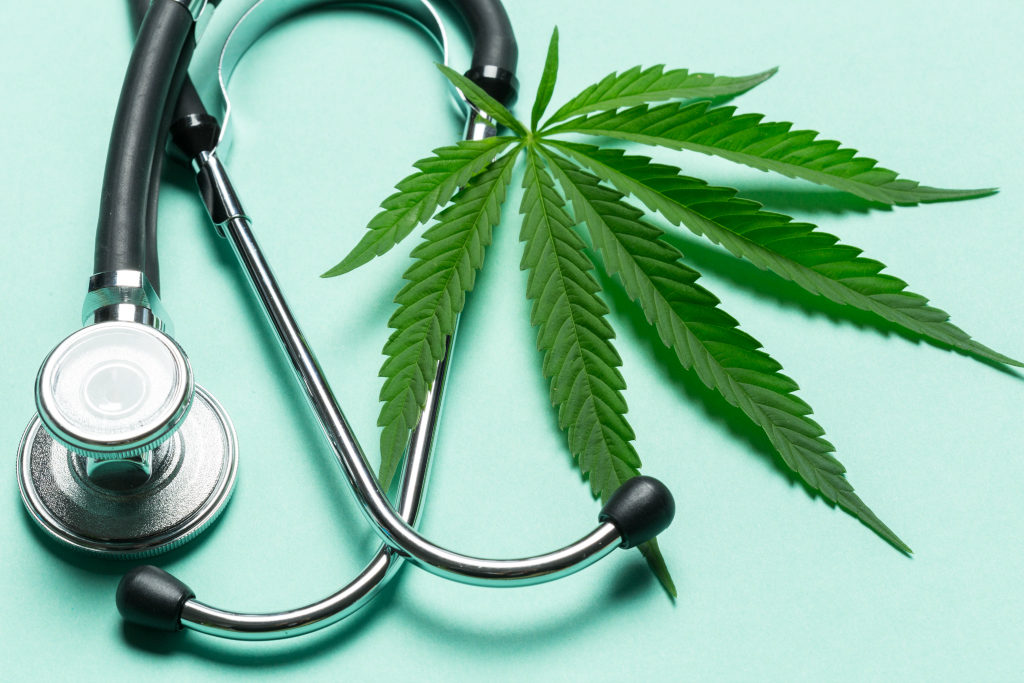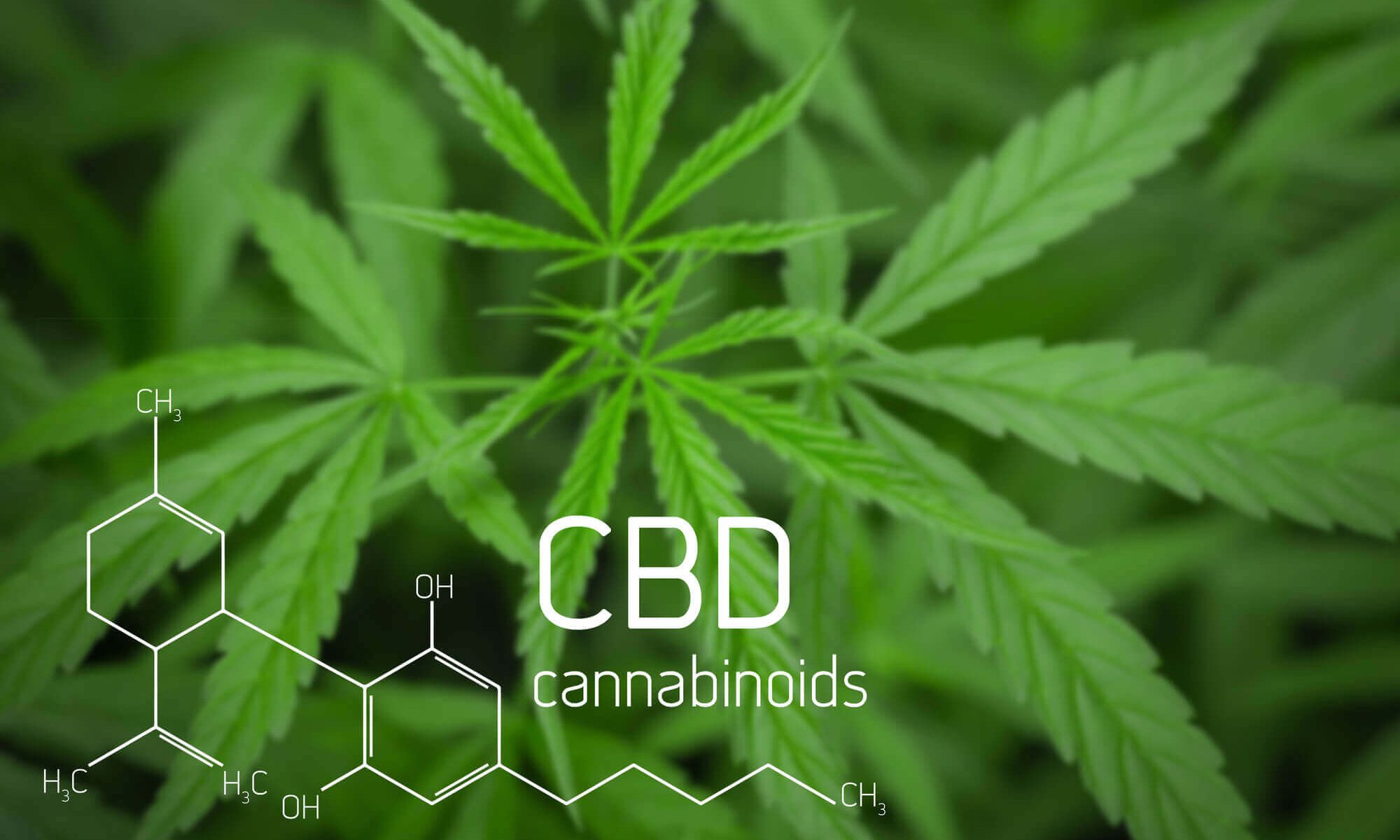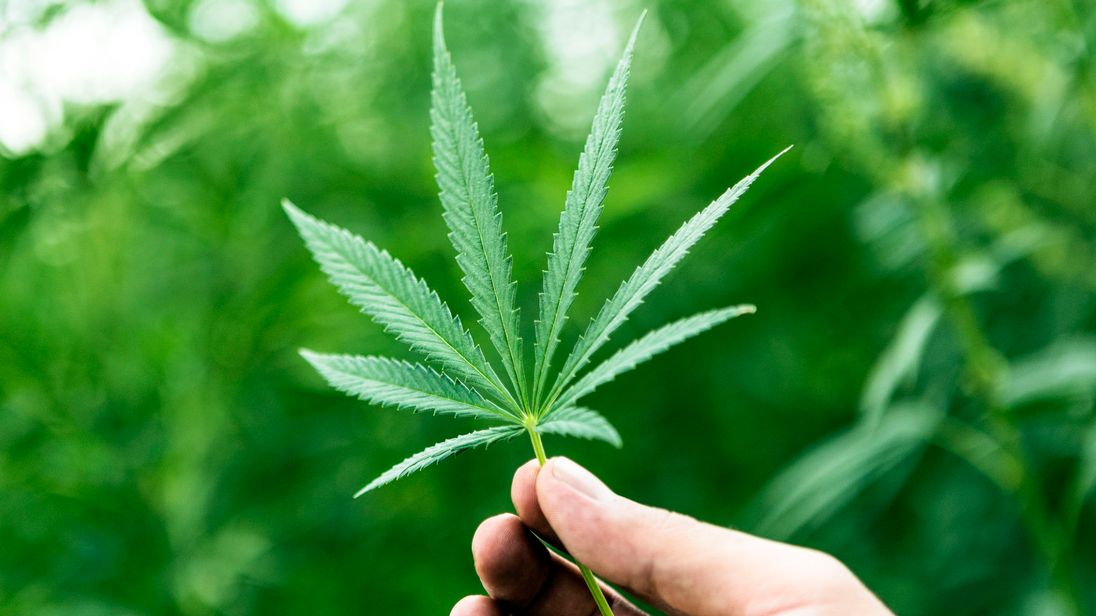“NASHVILLE, Tenn. (WKRN) – America’s attitude is changing. Legalized marijuana has become the new norm in 33 states, with ten of them approving recreational use of the drug. The District of Columbia has also legalized recreational use.
Gallup polls over a five-year stretch show a steady momentum. 66-percent of Americans surveyed last year say they’re in favor of legalizing marijuana. That’s up from 51% in 2014.
Tennessee and other southern states have not been so fast to embrace this evolving attitude. Arkansas, Louisiana, and Florida have approved the use of medical marijuana. Here in the Volunteer State, the legislature continues to grapple with the issue.
Approval for recreational use of marijuana is seemingly far from being on the table in Tennessee. Efforts by the cities of Nashville and Memphis to decriminalize small amounts of the drug were squashed by the state lawmakers two years ago, with then-Governor Bill Haslam signing legislation to repeal local laws.
Read the full article at Wate.com




















